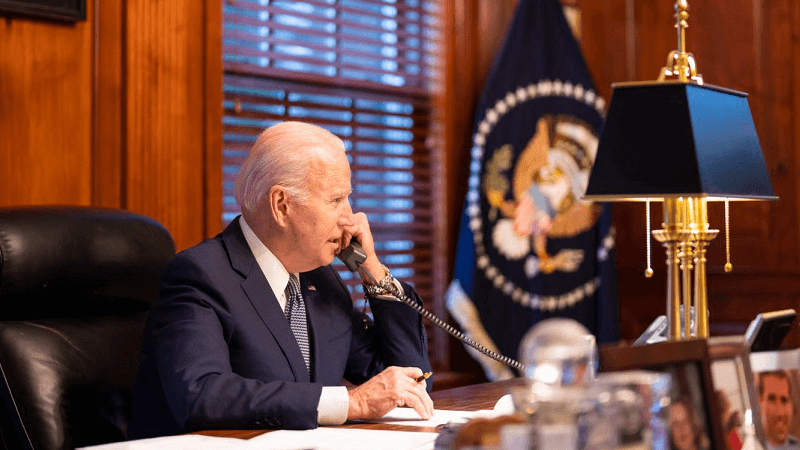The contrasting coverage of the US–Russia talks in the international media is probably an indication that it is too early to consign diplomacy to the dustbin. The western media is awash with a ‘gloom and doom’ analysis, suggesting that hostilities are about to break out. Russian media, on the other hand, are not yet beating the drums of war and are focussing on the possible contours of an agreement and its possible time frame.
The emergence of two different stories in the Western and Russian media is reflective of the divergent approaches the two parties have to the talks.
The West see the talks primarily as a road to de-escalation of the situation around Ukraine, while rejecting Russia’s demands for security guarantees on NATO expansion, limits to deployment of offensive missiles in its neighborhood, and reducing US and NATO military infrastructure in Eastern Europe to 1997 levels.
Russia, on the other hand, sees the talks primarily as negotiations on these security guarantees, while the situation around Ukraine is secondary. It will keep upping the ante as a means to keep pressure on the US to stay engaged with Russia.
At first glance, the Russian insistence on written guarantees, preferably in Treaty form, on its demands may appear to be an insurmountable obstacle. But a closer look at the substance of the demands shows that there is scope for finding the middle ground.
Any realistic assessment of the situation in Europe would show that NATO membership for Ukraine or Georgia is not on the anvil in any foreseeable future. Neither the US nor Europe has the stomach to fight a war over Ukraine or Georgia given that Russia has existential security concerns in these areas as well the military and political will to defend these interests, whereas the US and its allies have neither any overwhelming security interests nor the political will to go to war with Russia over these territories.
Russia also probably understands that it…






